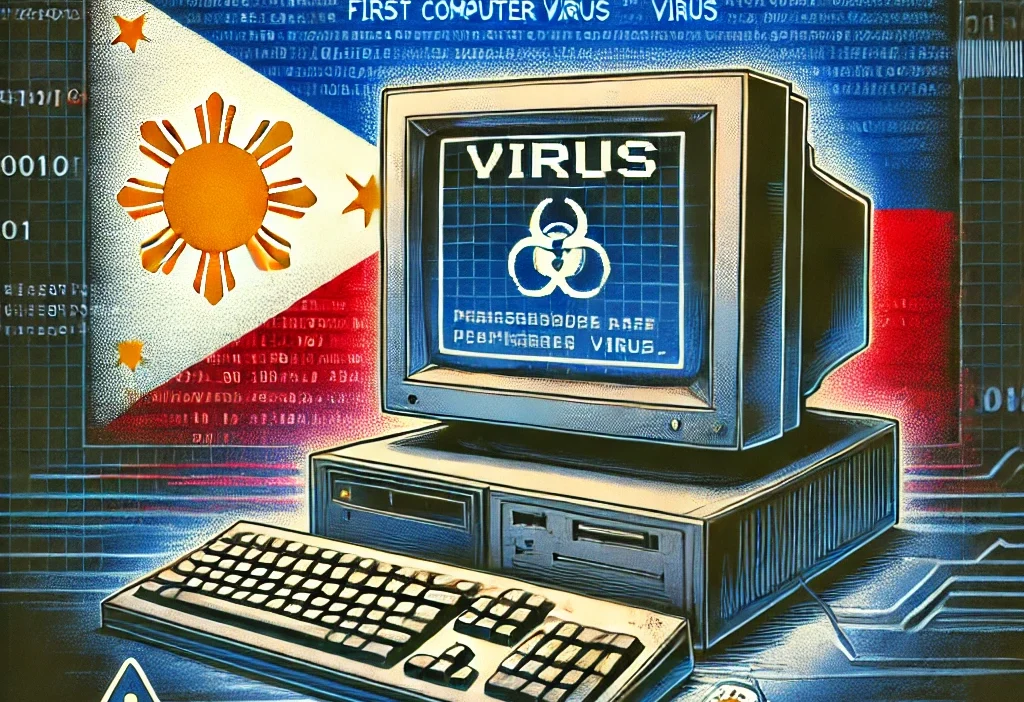The Genesis of the First Computer Virus in the Philippines
As the digital age emerged in the Philippines, a pivotal event reshaped cybersecurity history—the rise of the country’s first computer virus. This moment marked a turning point in how digital threats were understood and addressed.
Understanding the First Computer Virus
The first computer virus in the Philippines, named Philippines, was a self-replicating malicious program. Created out of curiosity and mischief, it quickly spread across systems. However, its creators likely underestimated the lasting consequences of their actions.
Impact and Legacy
Once released, the Philippines virus rapidly infected interconnected networks. It caused significant disruptions and raised alarms within the cybersecurity community. This unprecedented event exposed digital vulnerabilities, forcing a shift in how systems were secured.
Lessons and Future Implications
This wake-up call highlighted the need for stronger cybersecurity measures. It also emphasized the importance of vigilance in an increasingly connected world. As a result, experts developed better security strategies, shaping modern digital defenses.
Conclusion
The story of the first computer virus in the Philippines is a milestone in cybersecurity. It reminds us of the ongoing battle between cybercriminals and defenders. By understanding this history, we gain insights into the evolution of cyber threats and the resilience of those protecting the digital world.
Trusted Resources on the First Computer Virus in the Philippines
Academic & Research
- IEEE Xplore – Cybersecurity research papers (ieeexplore.ieee.org)
- Google Scholar – Studies on early Philippine cyber threats (scholar.google.com)
Government & Cybersecurity
- DICT Philippines – Cybersecurity policies (dict.gov.ph)
- CICC Philippines – Cybercrime reports (cicc.gov.ph)
Tech & Cybersecurity News
- Krebs on Security – Cybersecurity news (krebsonsecurity.com)
- CSO Online – Security insights (csoonline.com)
Books on Cybersecurity
- “The Art of Computer Virus Research” – Peter Szor
- “Cybersecurity and Cyberwar” – P.W. Singer & Allan Friedman





